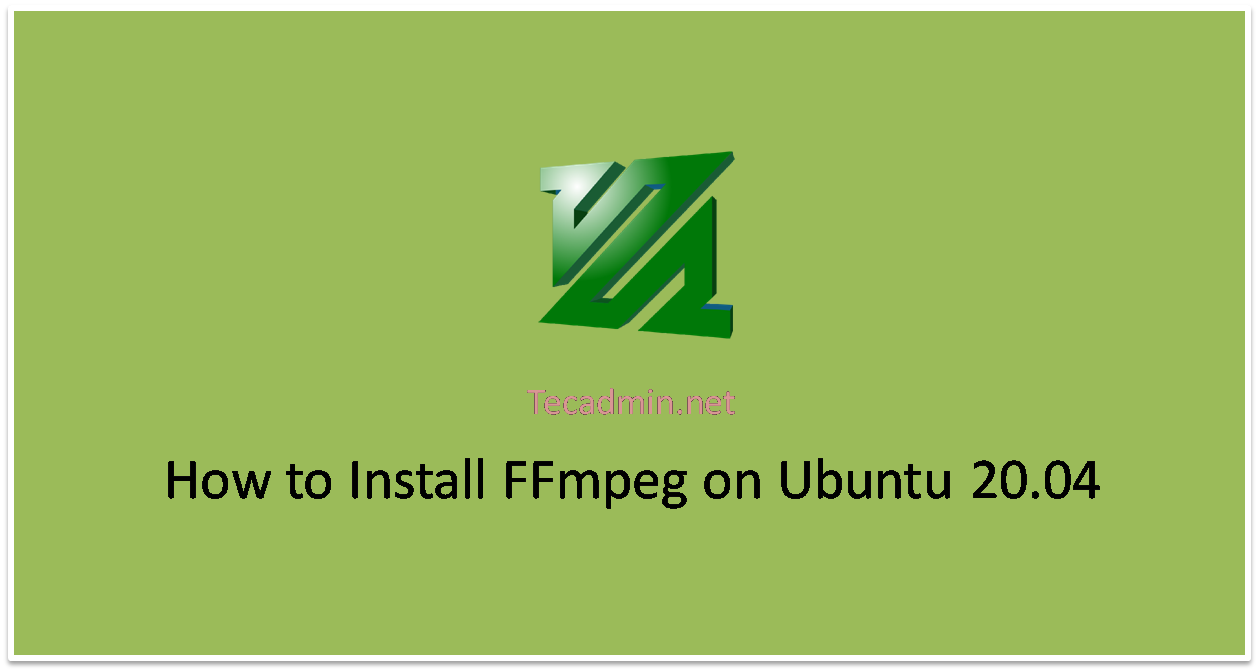
This PPA (thanks to ‘Jon’) will give you the latest stable version of ‘ffmpeg’ and has packages for Ubuntu 12.10, 12.04, 11.10, 11.04 and 10.10 (as of writing this post).

Open your terminal by pressing Ctrl+Alt+T and install the FFmpeg snap package, by typing: sudo snap install ffmpeg. The easiest way is to install FFmpeg 4.x on Ubuntu 18.04 is by using the snappy packaging system. If you need multiple users on the same system to have access to your new ffmpeg, and not just the user that compiled it, then move or copy the ffmpeg binary from /bin to /usr/local/bin. For that, open your Terminal and enter the below commands (one after the other). The FFmpeg version 4.x adds a number of new filters, encoders, and decoders. You can now open a terminal, enter the ffmpeg command, and it should execute your new ffmpeg. By far, the simplest one is as follows: Update your package list by running the following command: sudo apt update. Step 1: Let’s first install ‘ffmpeg’ on your Ubuntu computer. I quite wonder it support AOM/AV1 and FDK AAC! ffmpeg version 4.1.3-0york1~18.04 Copyright (c) 2000-2019 the FFmpeg developersīuilt with gcc 7 (Ubuntu 7.3.0-27ubuntu1~18.04)Ĭonfiguration: -prefix=/usr -extra-version='0york1~18. There are several different ways of installing ffmpeg on Ubuntu. FFmpeg is a widely-used cross-platform multimedia framework which can process almost all common and many uncommon media formats.

It will istall FFmpeg with ibaom0 libavcodec58 libavdevice58 libavfilter7 libavformat58 libavresample4 libavutil56 libcodec2-0.7 libfdk-aac1liblilv-0-0 libpostproc55 libserd-0-0 libsord-0-0 libsratom-0-0 libswresample3 libswscale5 libvidstab1.1 libx264-155 and libx265-169 module Install command add-apt-repository ppa:jonathonf/ffmpeg-4


 0 kommentar(er)
0 kommentar(er)
